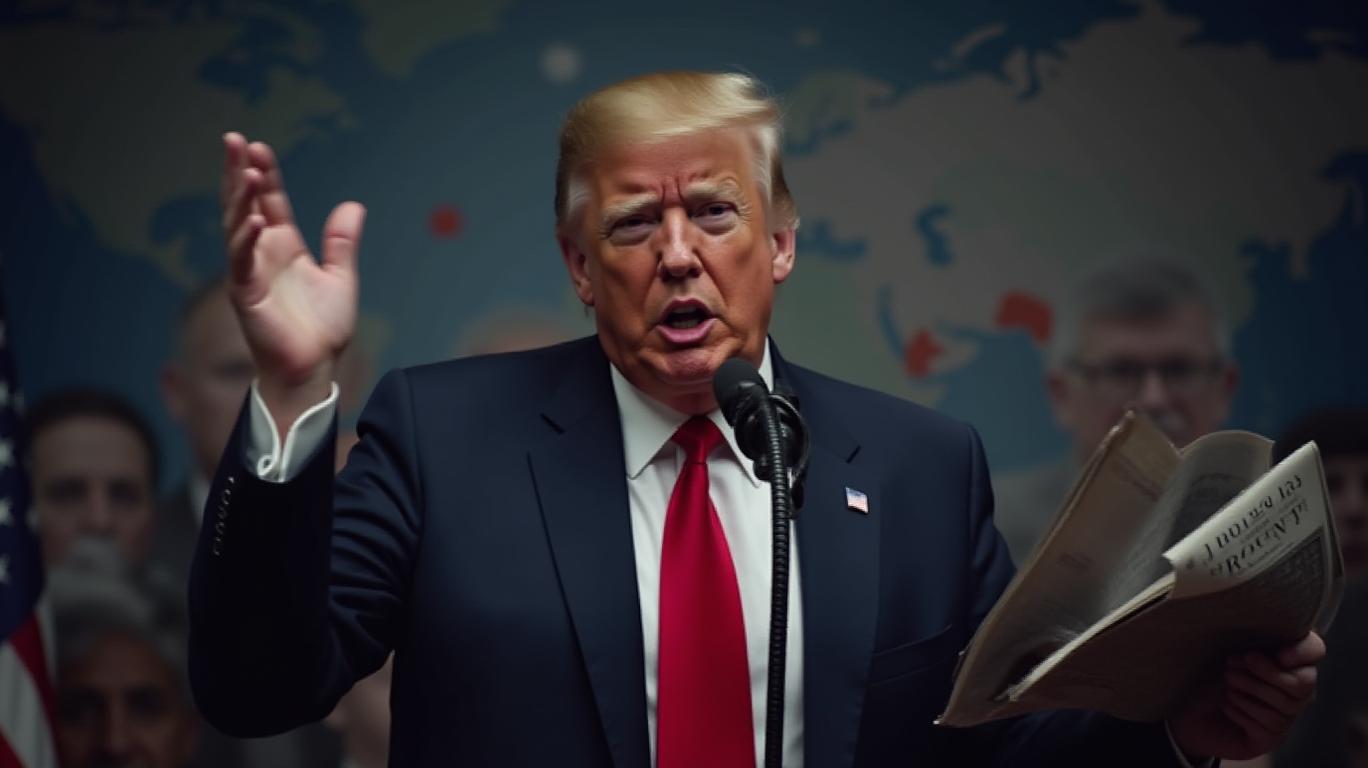Trump Threatens 25%-50% Tariffs on Russian Oil Amid Ukraine Tensions
U.S. President Donald Trump has announced that he will not implement oil sanctions at this time. He made this statement while speaking to reporters aboard Air Force One. Trump also mentioned that a decision on secondary tariffs against Iran is forthcoming, indicating that these tariffs would be applied uniformly to all countries.
Trump's remarks come at a time of heightened tensions with Russia, where he has expressed frustration with Russian President Vladimir Putin. Trump has threatened to impose secondary tariffs on Russian oil if a ceasefire agreement with Ukraine cannot be reached. The tariffs, which could range from 25% to 50%, are part of a broader strategy to pressure Moscow into compliance with international norms.
The potential imposition of these tariffs has significant implications for global energy markets. Russia is a major exporter of oil, and any disruption in its supply could lead to price volatility and supply chain disruptions. Trump's threat to impose tariffs on Russian oil is a clear signal of the U.S.'s willingness to use economic leverage to achieve its geopolitical goals.
Trump's comments also highlight the complex nature of U.S. foreign policy, which often involves a delicate balance between economic interests and strategic objectives. The decision to impose tariffs on Russian oil, for example, could have far-reaching consequences for U.S. allies and partners, who may be reliant on Russian energy supplies.
In addition to his remarks on Russia, Trump has also indicated that he is considering a range of options in response to Iran's nuclear program. He has threatened to launch "unprecedented" airstrikes against Iran if it does not comply with the terms of the nuclear agreement. This threat underscores the U.S.'s determination to prevent Iran from developing nuclear weapons, even if it means resorting to military action.
Trump's statements on oil sanctions and tariffs reflect a broader shift in U.S. foreign policy, which has become increasingly focused on using economic tools to achieve strategic objectives. This approach, while controversial, has been a hallmark of Trump's presidency and is likely to continue to shape U.S. policy in the years to come. 
Stay ahead with real-time Wall Street scoops.
Latest Articles
Stay ahead of the market.
Get curated U.S. market news, insights and key dates delivered to your inbox.



Comments
No comments yet